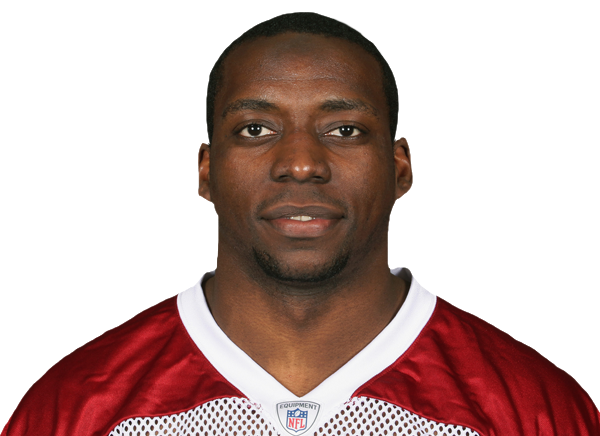When former NFL running back Rashard Mendenhall parted ways with the Pittsburgh Steelers following the 2012 season, he did so very much having essentially worn out his welcome, both with the front office and with the team’s fan base.
Drafted in the first round of the 2008 NFL Draft, Mendenhall spent most of his rookie season on injured reserve, but after a few games—and a partial benching—into his second year, he emerged as the starter ahead of Pro Bowler Willie Parker, who was on his last legs.
Mendenhall carved out a few nice seasons for himself and helped the Steelers reached the Super Bowl in 2010, rushing for 13 touchdowns during the regular season and adding another four touchdown runs during the playoff run.
Still, his performance on the field was questioned. He was deemed soft, as many didn’t care for his running style, unbefitting a franchise that established its identity behind big backs. After his ACL tear at the end of the 2011 season, he didn’t come back the same player the following year, and after a benching, he failed to show up for a game, angering his coaches.
Off the field, he was known to have made some more than questionable comments about women, and caught controversy after raising questions about the terror attacks on 9/11 in the wake of Osama bin Laden’s assassination.
But there was more to Mendenhall than the controversy, as he refused to ever define himself by his profession, which just so happened to be football. The fact that some professional athletes do not cherish their jobs the way most fans of the game would if given the opportunity is difficult for some to accept.
But a year into his retirement, following the 2013 season, Mendenhall has moved on, though he hasn’t entirely left the NFL behind. He is now working as a staff writer for the HBO show Ballers, in which he contributed his own NFL experiences, as well as his experience as a retired player.
Mendenhall recently spoke to Men’s Journal, during which he said that people fail to realize the feelings of a great deal of NFL players, many of whom, according to the retired running back, find that their lives are better after their playing days are through. He even claims that he was congratulated with an underlying sense of envy upon his retirement by another player who had just signed a long-term extension.
Mendenhall sought out another former Steelers running back Baron Batch, who retired a year before him. Batch advised Mendenhall to step away now, telling the magazine that “the NFL takes control of your life” and that “most guys are tired of it after they play a few years”.
Of course, neither player speaks universally for all professional athletes, but no doubt they represent a broader cross-section of athletes than their fans would like to believe. The celebrity-fan dynamic is always complicated, because on one end, there is one central thing that defines the celebrity for the fan, while the celebrity is constantly pushing against those confines.
Mendenhall has certainly made his mistakes in his life—for NFL fans, those mistakes also pertain to on-field performances—but if there’s anything that he continues to represent, it’s the fact that there’s always more to somebody than what we see on the surface, which is a relationship that we most readily experience through the public spotlight.






